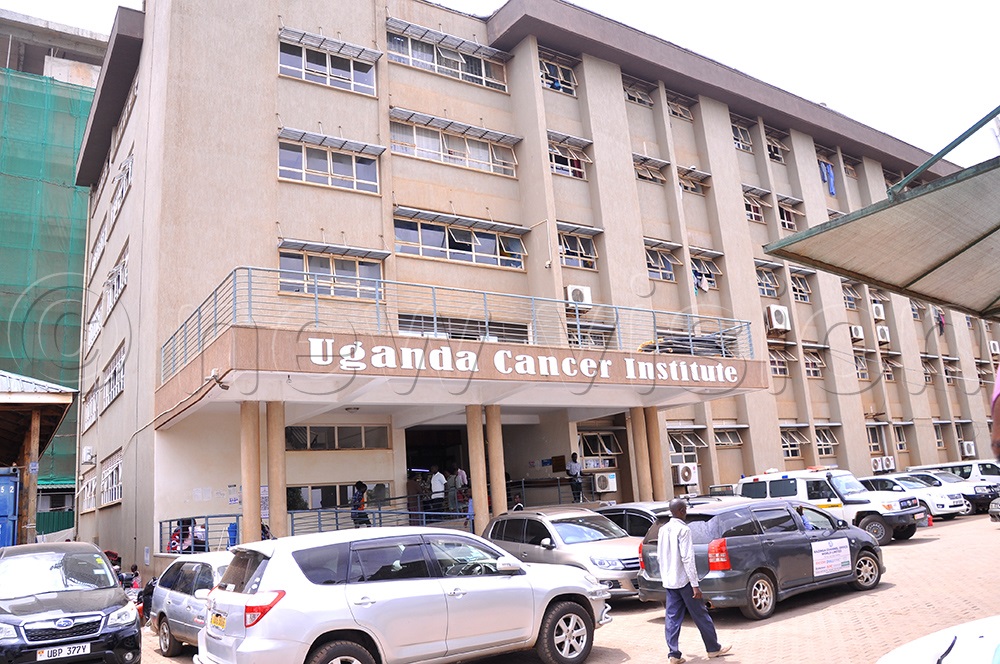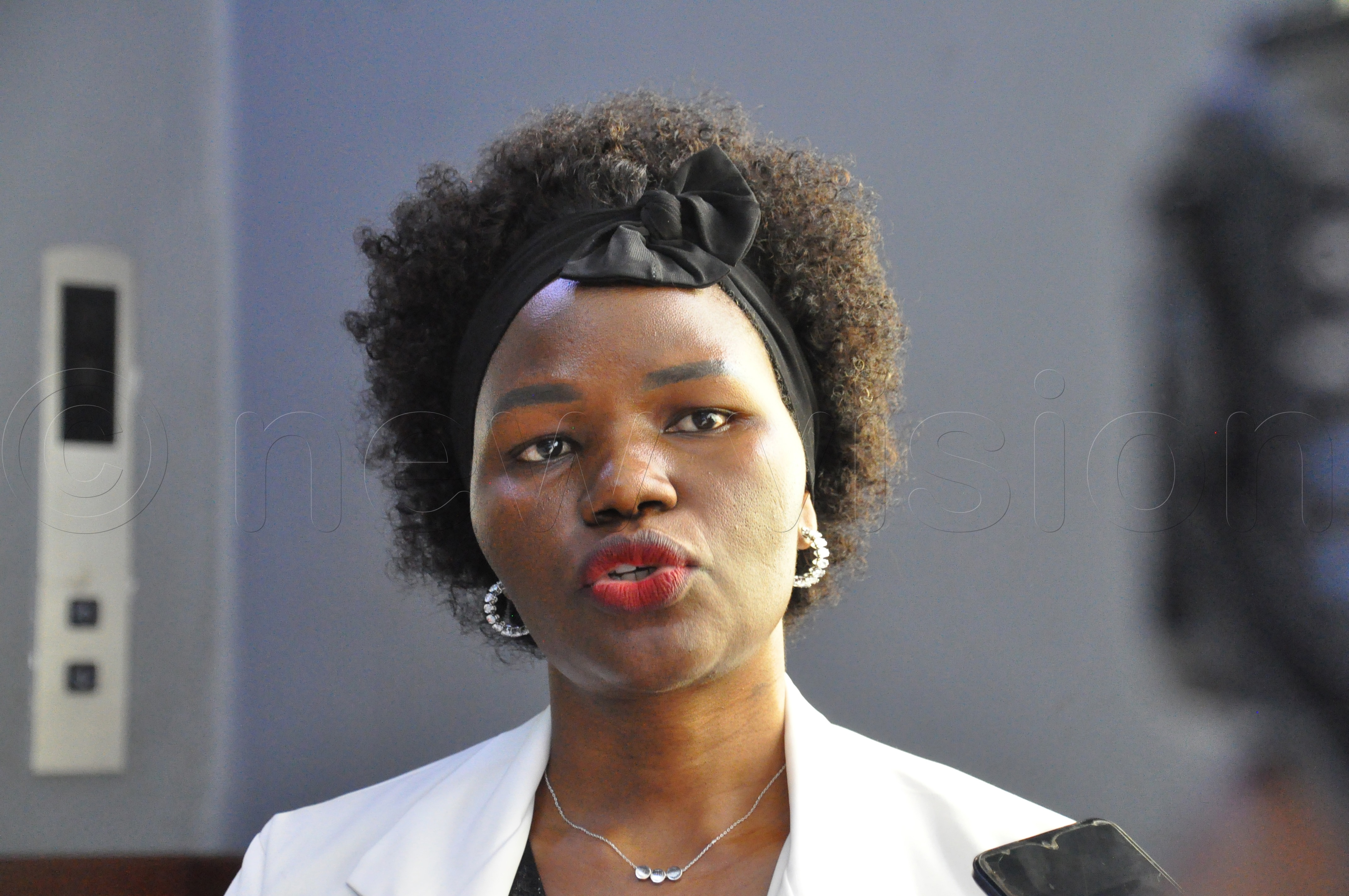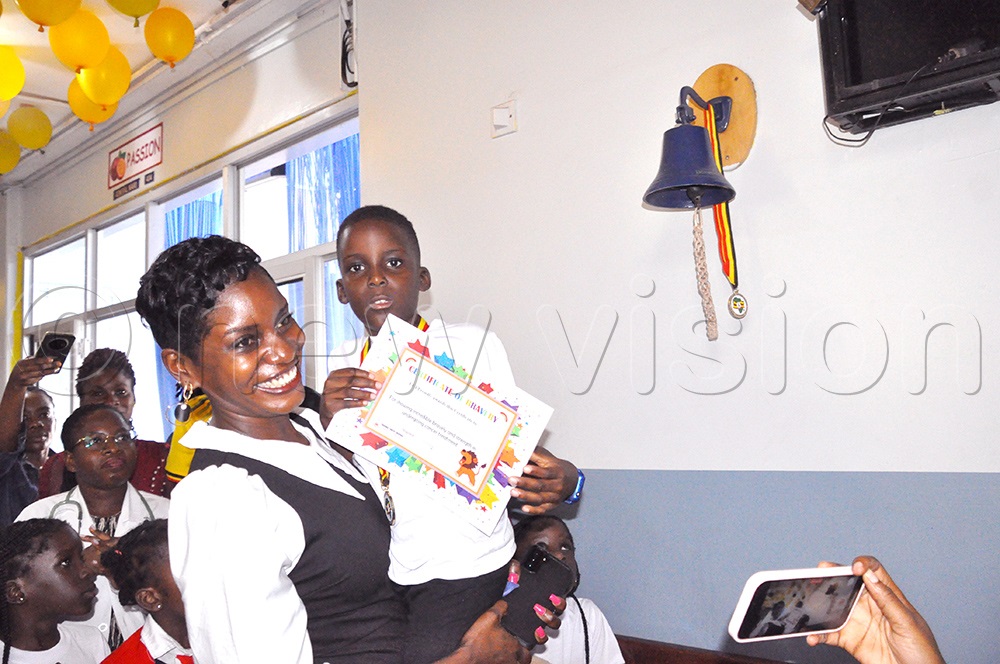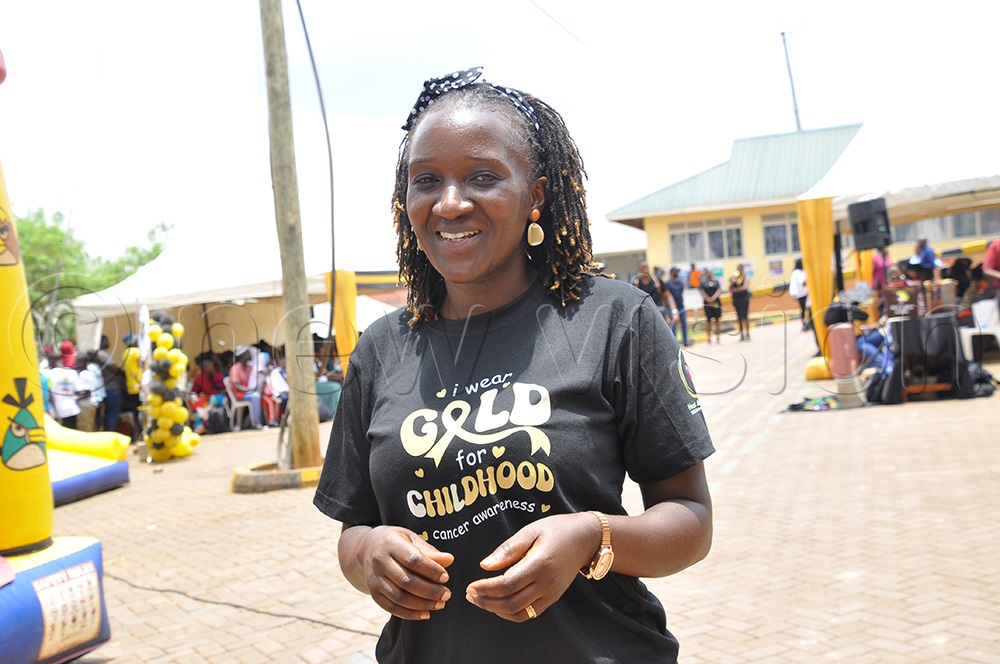'Childhood cancer symptoms are often mistaken for common illnesses'
Dr Alfred Jatho, the head of community cancer services at the Uganda Cancer Institute (UCI), cautioned parents and teachers to pay attention to warning signs.
Some of the Cancer survivors interacting with doctors during the discharging ceremony of 50 cancer free children at the Uganda Cancer Institute on September 24, 2025. (Photo by Nancy Nanyonga)
________________
Health experts have warned that childhood cancer symptoms are often mistaken for common illnesses such as malaria, delaying diagnosis and treatment that could save lives.
Dr Alfred Jatho, the head of community cancer services at the Uganda Cancer Institute (UCI), cautioned parents and teachers to pay attention to warning signs.
“Persistent fever, unexplained swelling, bleeding, or weight loss should immediately raise a red flag,” he said.
Uganda Cancer Institute. (Photo by Nancy Nanyonga)
"If a child is not improving, parents and teachers should suspect cancer and seek higher-level care at one of the regional cancer units.”
Jatho said low awareness, stigma, poverty and distance to treatment centres prevent many families from seeking timely help. “Many people still believe children don’t get cancer. Others hide it out of shame. Yet, childhood cancers are highly curable if detected early.”
He made the remarks during celebrations at UCI in Kampala where 50 children who had completed treatment were declared cancer-free on Wednesday (September 24). The event was marked with a symbolic walk down the red carpet and ringing of the bell of hope.
'I feared she wouldn't wake up'
Dr Racheal Ongom, a childhood cancer specialist, said UCI treats about 700 new children every year, in addition to over 2,000 already under care.

Doctor Racheal Angom, a Pediatric Oncologist addressing during the discharging ceremony of 50 cancer free children at the Uganda Cancer Institute on September 24, 2025. (Photo by Nancy Nanyonga)
“More than 90 per cent of childhood cancers occur spontaneously. Families need to know it is not their fault."
Ongom was keen to note that children are only declared cured after five years of close monitoring, as the risk of recurrence remains high.
For Cissy Nakigudde, whose daughter survived lymphoma blast cancer, the milestone meant everything.
“There were days she lost too much blood, days when the medicines were too expensive, and nights I feared she wouldn’t see the next morning. Yet, here she is today alive, smiling. God has carried us through.”
'Waiting meant death'
Another parent, Rebecca Kaija, watched her son Genesis Mayanja Mukisa walk free from cancer after two years of treatment for medulloblastoma, a rare and aggressive brain tumour.
“I think in Genesis’ group, he is the only survivor,” she said. “For many days, I woke up to messages that other children had died. We thank God for this milestone.”
Rebecca Kaija Seruuma carrying her son Genesis Mayanja after being declared Cancer free. He was among the 50 kids discharged from Uganda Cancer Institute on September 24, 2025 at the Cancer institute. (Photo by Nancy Nanyonga)
Mukisa’s ordeal began with fevers, headaches and vomiting that doctors initially treated as infections. By the time an MRI was done, he had lost movement on his right side. A 13-hour surgery saved his life, followed by two years of chemotherapy and radiotherapy.
“Genesis’ skin turned black from radiotherapy burns. There were times he was too underweight for chemotherapy. The bills never stopped coming. Even an MRI scan costs about sh2.7 million,” said Kaija.
“But we could not afford to wait. Waiting meant death.”
'Survival is possible'
Dr Joyce Balagadde Kambugu, a paediatric oncologist and head of paediatric oncology services at UCI, said about 3,278 children and adolescents are diagnosed with cancer annually in Uganda, but only a third reach care.
“That means seven out of ten children are going to die from their disease without treatment,” she said.

Sarah Agasha Executive Director Hazel and Amara Child Support Centre addressing during the discharging ceremony of 50 cancer free children at the Uganda Cancer Institute on September 24, 2025. (Photo by Nancy Nanyonga)
She added that Uganda’s survival data is encouraging for those who reach care. “Sixty-eight per cent of children with Hodgkin’s disease survive, nearly half of those with Burkitt lymphoma are cured, and Wilms’ tumour is also highly curable.”
But stigma, poverty and late diagnosis continue to rob children of life.
“Survival is possible. Childhood cancer should not be equated to a death sentence. What families need is awareness, support and access to treatment,” said Balagadde.
Globally, the World Health Organisation aims for 60 per cent of children with cancer to survive at least five years after diagnosis by 2030.
Yet in Uganda, seven in ten children never make it to specialised treatment centres.